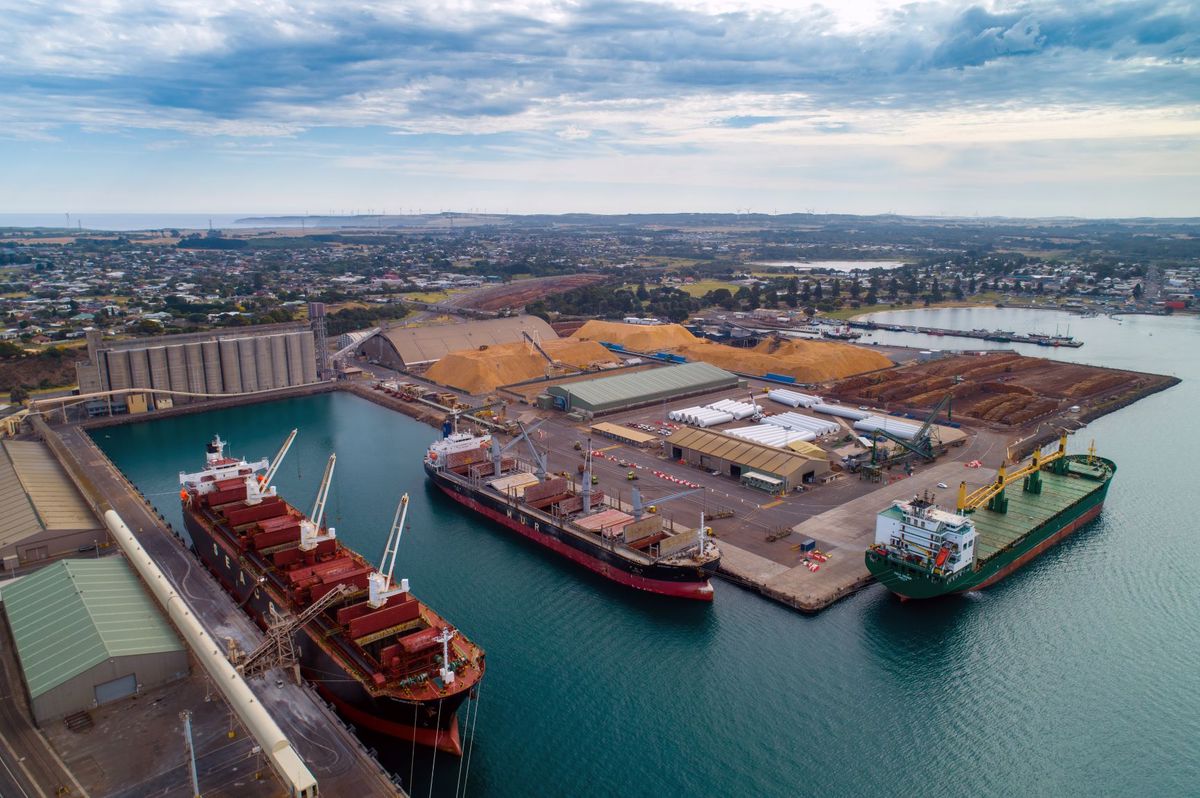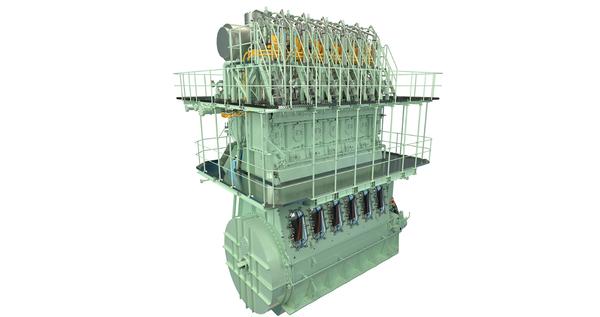Australia’s HAMR Energy to produce biomethanol for bunkering
HAMR Energy, a renewable fuel producer in Victoria, is planning to build a 200,000 mt/year biomethanol plant in Australia to meet demand from ships.
 PHOTO: Aerial view of the deep-water port of Portland in Victoria, Australia. Port of Portland
PHOTO: Aerial view of the deep-water port of Portland in Victoria, Australia. Port of Portland
HAMR Energy received $500,000 in state government funding to study the feasibility of constructing a biomethanol plant in Portland, a port city on southwest coast of Victoria, Australia.
The project will help to “accelerate the decarbonising of the global shipping industry,” said David Stribley, director of HAMR Energy.
Portland H2, a subsidiary of HAMR Energy, will lead the feasibility study. It will evaluate the design and construction of the plant, as well as a 100-megawatt (MW) electrolyser for producing green hydrogen.
Low-emission alternative
It will also explore the possibility of producing up to 200,000 mt/year of biomethanol from plantation forest residues such as harvest trimmings and damaged timber, HAMR Energy said.
Green methanol produced from bio-forestry residues can reduce maritime emissions by 70-80% on a well-to-wake basis compared to fossil fuels, according to a Methanol Institute report.
This is because little to no fossil fuel is required to produce it. But green methanol will still emit carbon dioxide (CO2) and carbon monoxide, which are naturally present in the waste streams.
Growing demand for biomethanol
Nevertheless, biomethanol is considered an attractive choice as a marine fuel due to its low emission potential. Its consumption is expected to increase significantly as more methanol-fuelled vessels enter service this decade.
HAMR Energy plans to build green methanol plants with a combined production capacity of 1 million mt/year in Australia by 2030 to meet the expected rise in methanol bunker demand.
“Shipping is responsible for more than 2 per cent of the world’s greenhouse gas emissions and the use of green methanol can reduce the carbon intensity by 90 per cent when compared to heavy fuel oil that is currently used,” said Daniel Andrews, Premier of Victoria.
By Konica Bhatt
Please get in touch with comments or additional info to news@engine.online






